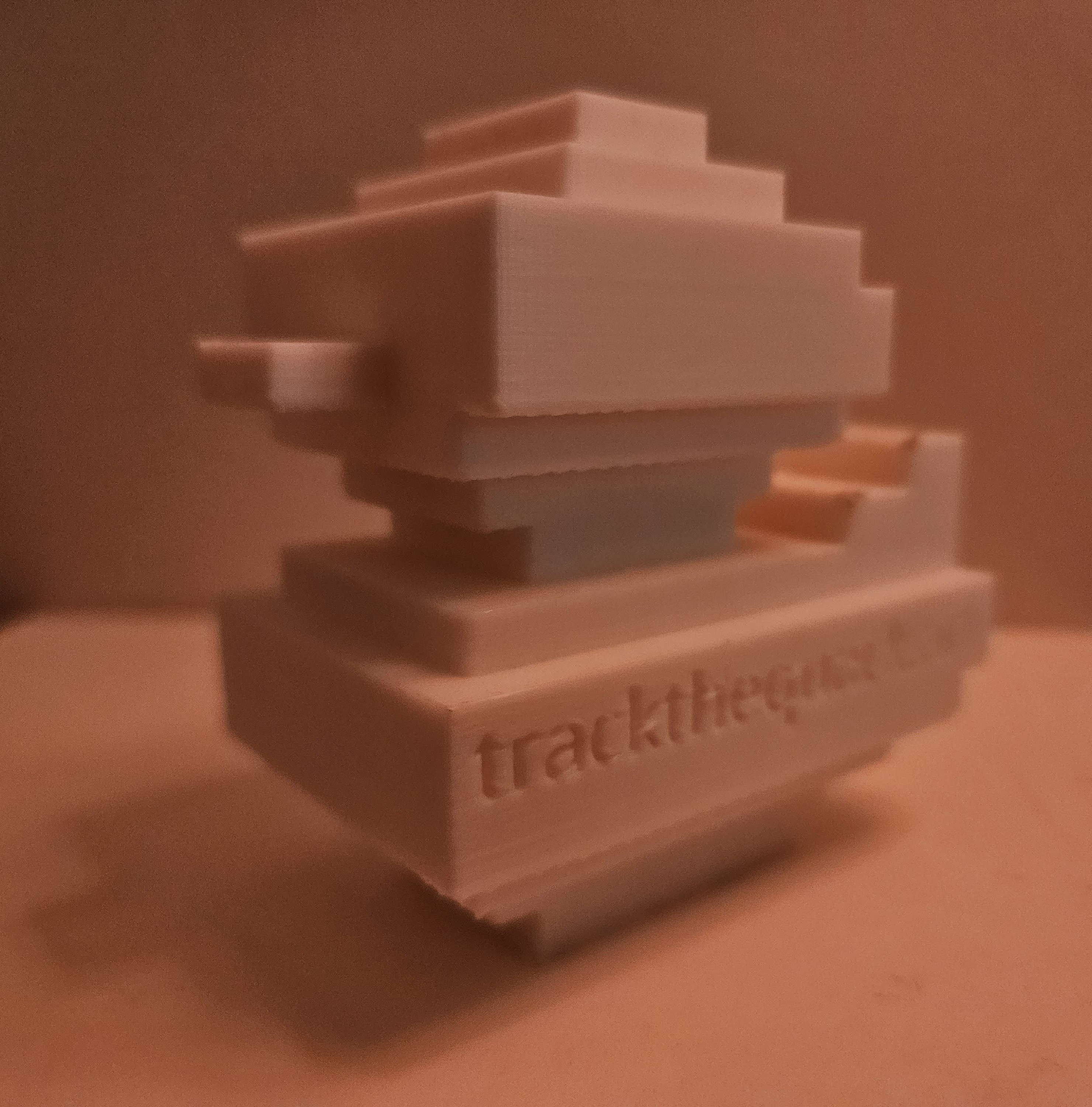How?
1. Solve a puzzle (click the 'track' button next to one of the ducks)
2. Go to the location, and find the duck

3. Get the code from the duck (it will be on the underside). Feel free to sign the duck too!
4. Enter the code on the website (click 'solve' next to the duck)
Think puzzles + geocaching. You can solve the puzzles from anywhere, but to find the duck you will need to be in Waterloo. Please place the duck back where you found it after retrieving the code.
Why?
When people have problems, frequently someone comes along boldly claiming that they've found a magic solution. It's too taxing to look deeply into every claim we come across-- we have to pick and choose what to scrutinize. So, how do we learn to immediately recognize potential quacks?
As long as people have ills, real or imaginery, there will be those who sell hope.... There will be quacks
My guess is that through repeated exposure to examples of quacks, people can learn to recognize patterns. Historical examples might also have an added benefit; lessons can carry over into the present while potentially avoiding people internally skewing the takeaways due to political bias.
In short, I believe building intuition is one of the keys behind a successful approach to media literacy education.
And, puzzles are a good way to get people to read text closely!
My contact info can be found here
Please do not share solutions online :)